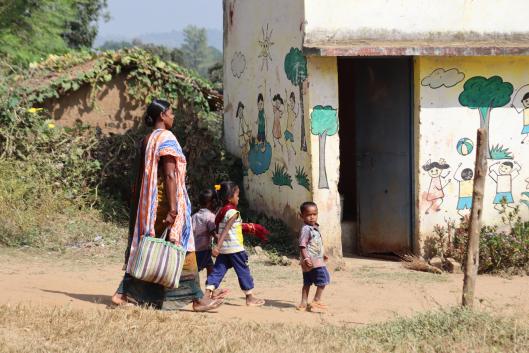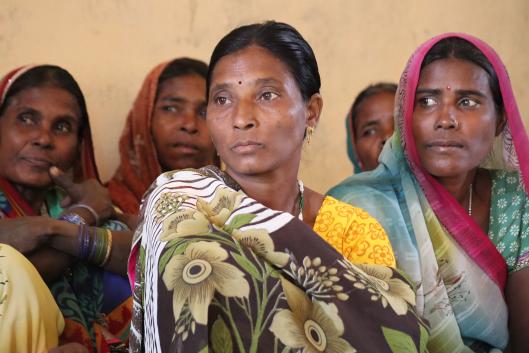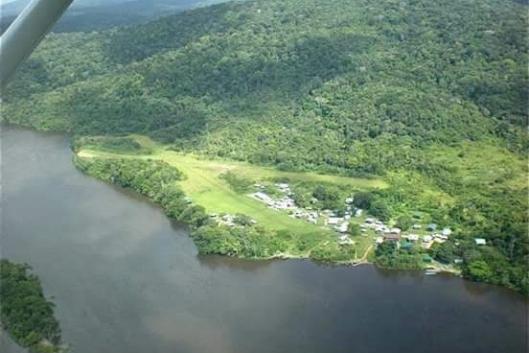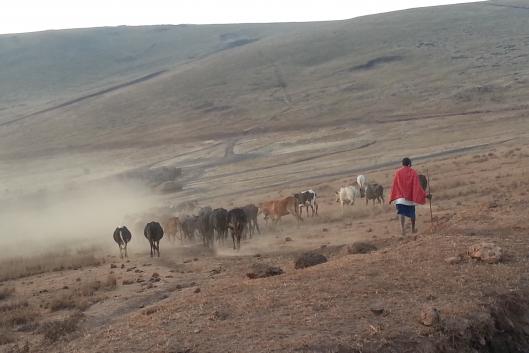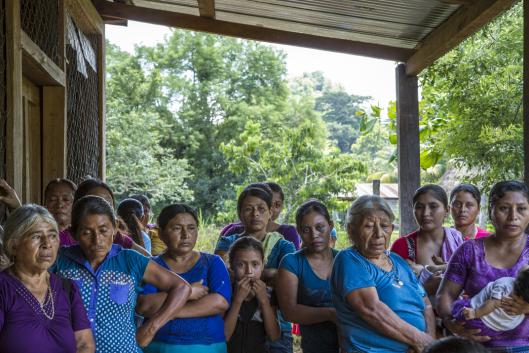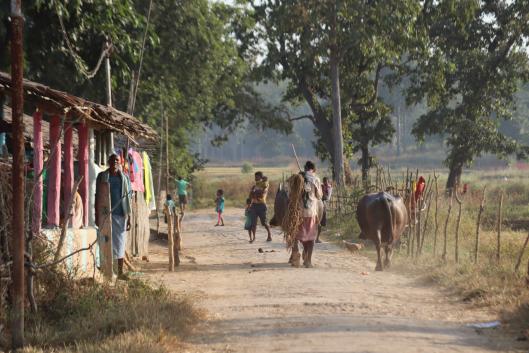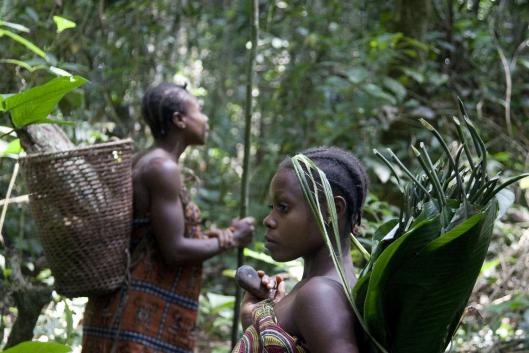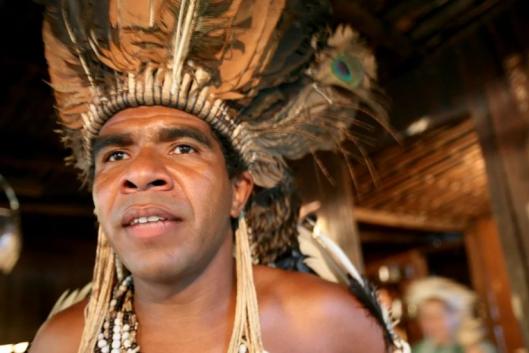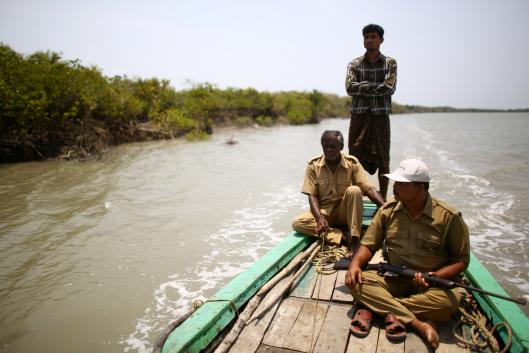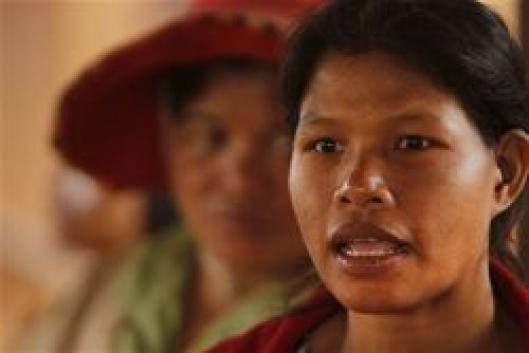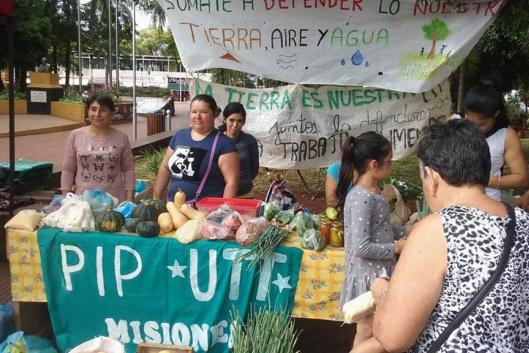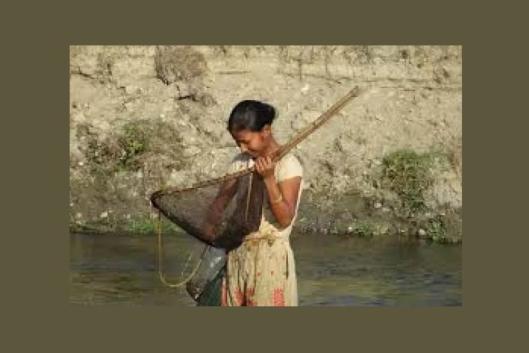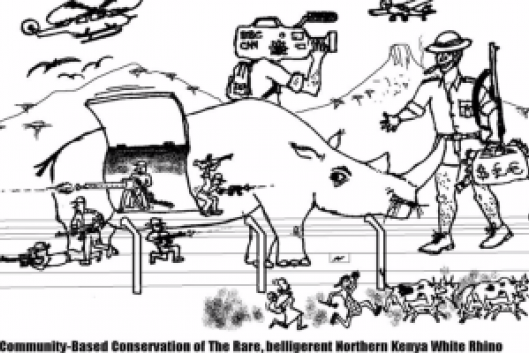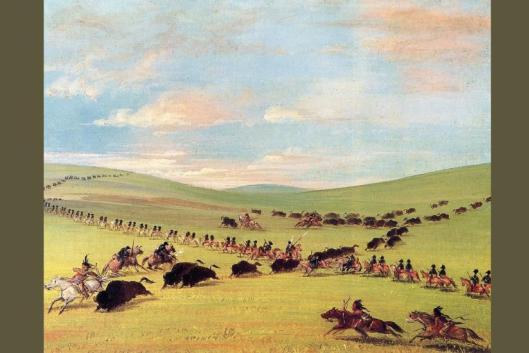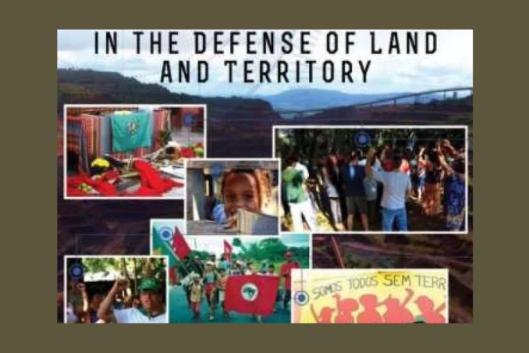Before, conservation organizations were focused on raising money to create protected areas in forests supposedly threatened with destruction; today, they constitute a bona fide transnational “industry” that manages and controls areas that go far beyond forests.
Bulletin 242 - Jan/Feb 2019
Conservation NGO's: Whose Interests are They Really Protecting?
This Bulletin articles are written by the following organizations and individuals: Avispa Midia, the Mulokot Foundation Suriname, Rainforest Foundation UK, All India Forum of Forest Movements (AIFFM), The Oakland Institute and members of the WRM international secretariat.
WRM Bulletin
242
Jan/Feb 2019
OUR VIEWPOINT
CONSERVATION NGO'S: WHOSE INTERESTS ARE THEY REALLY PROTECTING?
-
11 March 2019Conservationist NGOs are increasingly making partnerships with companies that, in fact, are the main drivers of environmental and social disasters. Even worse, they portray their corporate partners as the willing participants of the “solutions”. But, which solutions are they seeking? And solutions for whom?
-
11 March 2019Despite the harassment from Forest Department guards, who tried to prevent the Fulwaripara village to submit their claims for recognition of their land under the Forest Rights Act, the village managed to do so. Yet, their claim was not completed. Now, they face again the threat of eviction.
-
11 March 2019Conservationist NGOs working in Suriname have increased the pressure for Wayana Indigenous Peoples. After years of harsh top-down ways of dealing with forest communities, the Wayana have decided to seek for their own path, one that follows their own way of thinking and living.
-
11 March 2019For the past eighty years, the Maasai have been displaced and dispossessed of their land, livelihoods, and more in Northern Tanzania, all under the guise of “conservation.” This article traces the origins of this dispossession through to present day struggles, calling for international solidarity.
-
11 March 2019The creation of the Maya Biosphere Reserve has been legitimizing a destructive model: infrastructure and energy projects, hand-in-hand with Protected Areas “without people.” While conservation NGOs fatten their portfolios, peasant and indigenous communities are displaced, or conditioned to depend on NGOs and the market.
-
11 March 2019In Africa’s Congo Basin the many promises of rights-based and participatory conservation have miserably failed to materialise. For communities living in and around protected areas, the reality continues to be one of dispossession, impoverishment and widespread human rights abuses.
PEOPLES IN ACTION
-
11 March 2019On February 13, 2019, India’s Supreme Court passed an order that instructs state governments to evict forest dwelling communities if their claims to live in their forests have not been recognized under the Forest Rights Act (FRA). After forest movements mobilized against the order, on February 28, the Supreme Court has put on hold the evictions till next date of hearing, 24 July 2019. While the latest order by the Court brings some modicum of relief for the forest communities of India, this in no way dissipates the threat. Please endorse a letter that will be sent to the Indian Supreme Court and the Prime Minister of India urging them to stop this injustice!
-
11 March 2019The NGO Survival International has an on-going petition for a new conservation that respects indigenous peoples’ rights and promotes human and ecological diversity. The aim is to reach 20,000 signatures and they need your help! Sign the petition here.
-
11 March 2019Cacique Babau, from Serra do Padeiro Tupinambá community, state of Bahia, has been suffering repeated threats against him and his family.
-
-
11 March 2019After 11 representatives of the Bunong ethnic group in Cambodia were denied visas to go to France to attend judicial proceedings against plantation company, Bolloré, the hearing was postponed until October. In 2015, Bunong peasants in Cambodia sued Bolloré group for destroying several hectares of forest in order to grow rubber. This action deprived the Bunong of their means of subsistence. The Bunong, a community that practices “an animistic belief based on the sacredness of forests,” also blame Bolloré for destroying their places of worship and centenarian trees considered to be deities.
-
11 March 2019The Secretary of Family Farming, Coordination and Territorial Development in Misiones, Argentina, signed an agreement to develop the cultivation of genetically modified corn with high productivity, in Misiones and Northeast Corrientes. The objective is to produce more than one million tons of corn from these territories and export them to Brazil. This jeopardizes the already-threatened biodiversity of native seeds in the province, as well as food sovereignty.
RECOMMENDED
-
11 March 2019A recent BuzzFeed News investigation reveals that the World Wide Fund (WWF) funds vicious paramilitary forces to fight poaching. The authors write that “In national parks across Asia and Africa, the beloved non-profit with the cuddly panda logo funds, equips, and works directly with paramilitary forces that have been accused of beating, torturing, sexually assaulting, and murdering scores of people”.
-
11 March 2019A report from the Indian organization Kalpavriksh documents community initiatives that protect biodiversity while ensuring their cultural, livelihood and food sovereignty in the Dooars region of North West Bengal. Indigenous communities in this area faced unjust forestry practices since colonial rule that led to the exploitation of forests and usurpation of their customary rights. After the 2006 Forest Rights Act, communities formed a number of forest protection and management committees and engage in activities like forest patrolling, prevention of poaching, illegal felling and clear felling coupe operations that threaten the biodiversity.
-
11 March 2019Over the last few years, ecologist Mordecai Ogada has been engaged in examining the policy problems and prejudices that underlie the challenges in wildlife conservation, particularly in Africa. These are central issues in his book ‘The Big Conservation Lie’, co-authored with John Mbaria. At the 2017 Nature inFocus Festival, he spoke about how the conservation sector has created fertile ground for class and racial prejudices in ideas around wildlife and forests.
-
11 March 2019Although this WRM publication was first published in 1994 and then updated in 2003, it is still very much relevant nowadays. It includes an extensive review and analysis on issues such as wilderness and preservation, the politics of parks, society and biodiversity, Parks’ management alternatives, among many others. Read the publication here.
-
11 March 2019What is happening with the land and natural wealth around the world, and to the people who depend on them? How are people responding to these trends, threats, and challenges? Aiming to address these issues, 12 articles with powerful analysis and narratives from Latin America, Asia and Africa testify to the continuing and perhaps, permanent struggles for people’s rights, land, territories, and livelihoods.
